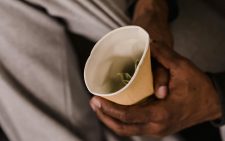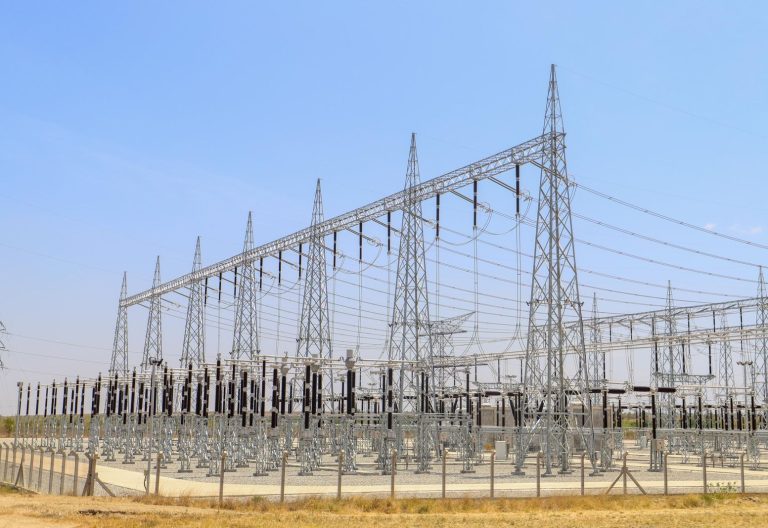Tea lobby calls for cut on milling fees in draft coffee law

REFORMS: A tea sector advocacy group has proposed a reduction of milling fees in its submission on the Coffee Bill 2020.
The Kenya Tea Sector Lobby Group has also proposed capping of milling losses, reduction of market agent fees and removal of underhand dealings between millers, buyers, and marketing agents.
Key among the milling fees is the capping of the milling fee at Sh2,000 or $20 per tonne from the current Sh4,000 per tonne.
Irungu Nyakera, chair of the group said the proposals are meant to ensure farmers have more money in their pockets and more control of the multi-million industry.
Marketing agents
“We propose for the restriction of marketing agents and millers from lending to farmers, usually because of the opportunity to make money from providing exorbitant advances to farmers, millers and marketing agents,” he said in a statement.
Nyakera added that with the creation of the cherry advance fund at New KPCU that lends at 3 per cent, millers and marketing agents are being prohibited from lending to farmers.
He said that their endorsement is a solidarity one meant to support counterparts in coffee farming.
The coffee bill further proposes that independent factories can apply to become stand-alone societies.
This will allow factories to move away from societies that collude with millers and marketing agents to steal from them and give farmers a chance to determine their destinies.
It will also block societies from using farmers’ assets for acquisition of expensive loans that have constrained farmers owing to their intricate terms.
The arrangements have seen some co-operatives societies take up loans from financial institutions and yet the funds cannot be accounted for.
This has seen banks and Sacco’s threaten to sell farmers’ assets “leading to many them running away from societies because their coffee earnings are used to pay for the loans.
Nyakera described changes contained in the bill as a big win for farmers because for the first time the veil of secrecy surrounding deductions from coffee sales and payments to societies, millers, and marketing agents would be opened to public scrutiny.












